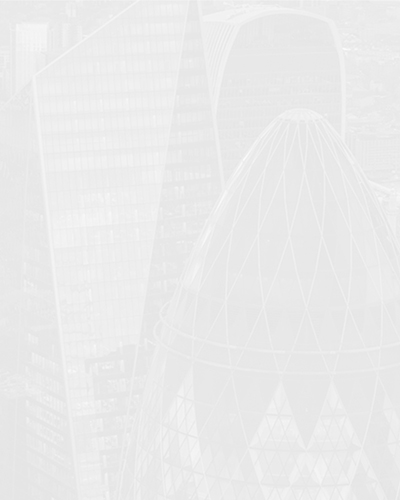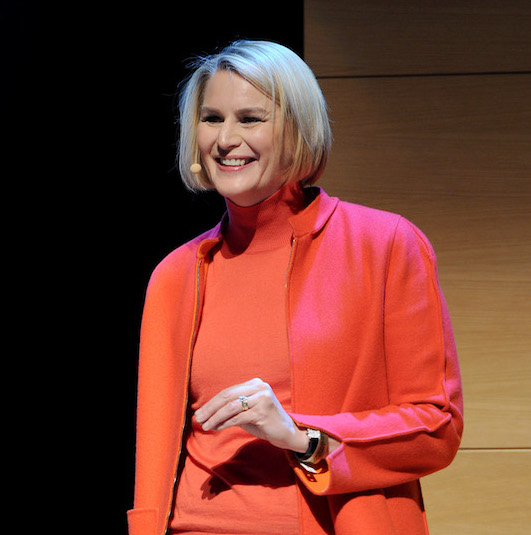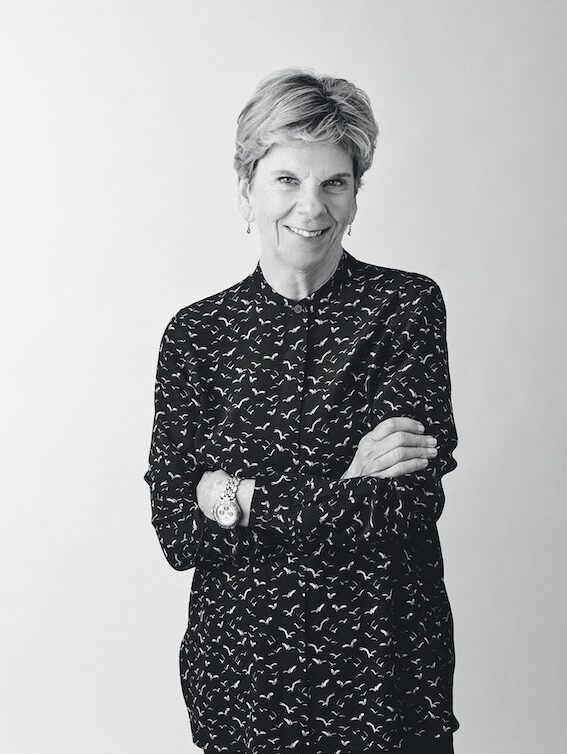Cisco Systems helped build the internet. Now it has asked Naveen Menon to launch offers designed to make it more accessible and equitable. By Cecilie Oerting and Michael Kearns.
In November 2021, Naveen Menon began a new chapter at Cisco Systems, the multinational tech conglomerate that decades ago helped pioneer Silicon Valley. Having served as Cisco President for Southeast Asia, he now takes responsibility for delivering two of the global company’s six pillars—the Internet for the Future, and Capabilities at the Edge. These missions go beyond the technical aspect of constructing the next generation of the internet to take a critical look at how technology can be upgraded and deployed to address pressing social issues.
Menon has been passionate for years about the role technology can play in providing greater equity, stretching back to his previous workplace, the global management consultancy Kearney.
“When I launched the Social Impact Practice at Kearney in 2012, it was all around trying to use the power and influence of CEOs and boards to change things and address inequities in their own businesses,” he says in an interview with the Brunswick Review. It is a sensibility that he brought to Cisco, where he could leverage the company’s legacy, profile and technological expertise. “I found a similar kind of opportunity to use the power of the company to help raise big issues that we can address through technology.”
In his new role, Menon says he is bringing together the best parts of Cisco and its technologies—those that exist today and those being developed in-house, along with future technologies to be acquired. For the next generation of the internet, his goal is to design a new architecture. Yet it is bigger than that.
“I’ve never actually seen my role as operating within the boundaries of a single organization or institution,” he says. Rather, he identifies as an activist within this space, spotlighting the significant barriers that currently exist and working to chart a path toward a more equitable and sustainable internet. “The more attention we can get on these issues, the better it will be for citizens, communities and society.”
A Dutch national, Menon credits his international upbringing and influences with his passion for the mission. Growing up and studying in the Netherlands and the United Kingdom, and having worked across the Asia Pacific region for the past two decades, Menon has seen distinct structural challenges that can be solved, in part, by technology.
If his new role takes him into uncharted waters, that is something of a family tradition. Menon recounts how his father left India at 18 years old to study engineering in Italy, teaching himself Italian along the way.
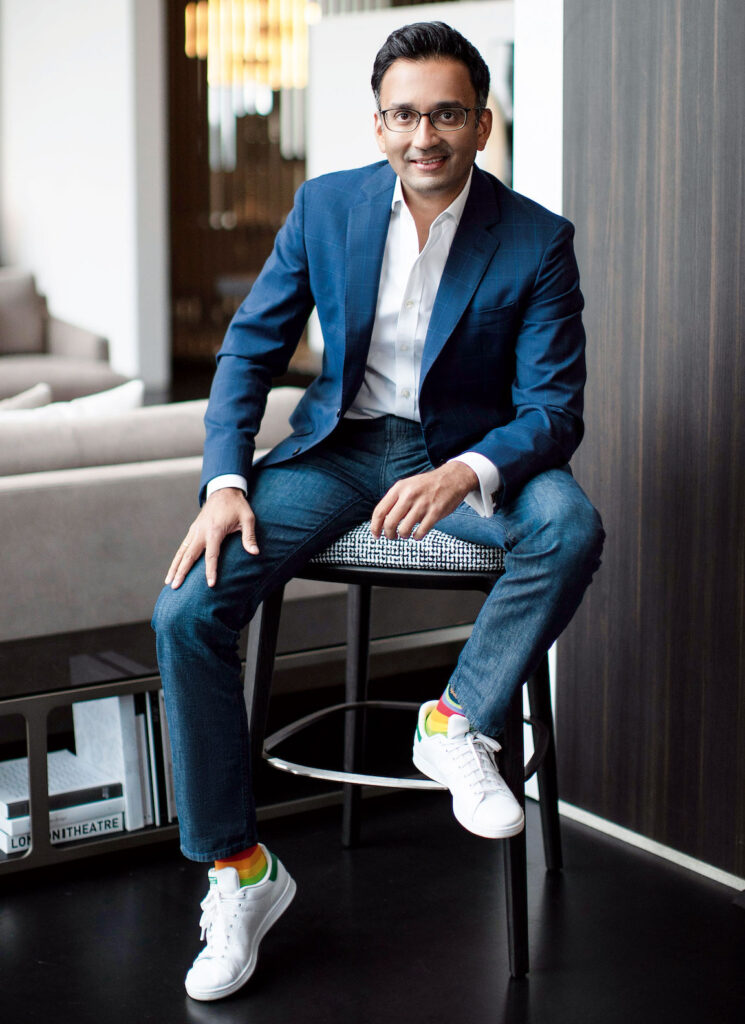
“In those days in the 1960s when no one really traveled out of India much, he was definitely a trailblazer,” he says. The women in the younger Menon’s life—his mother, who has a background in international diplomacy, and his wife, whom he describes as “an activist by nature”—have also shaped his desire to challenge convention and find ways to make things better
As an industry leader in intellectual property and networking, Cisco helped to create the building blocks of the internet we know today. For this reason, Menon believes the company is ideally positioned to imagine what the next generation of the internet will look like, and how technology can be utilized to solve some of the most critical issues the world faces today.
A key issue gaining the attention of Menon and his team is access. “When we are looking at redesigning the internet, we are looking at finding ways to make it easier to access,” Menon says. “You cannot argue with the facts: 2.9 billion people still haven’t accessed the internet. Even if it was one billion people, it would be too many.”
There is a lot of work to be done to upgrade fundamental broadband infrastructure in many countries, he adds. “In a redesign, there is a huge amount of opportunity to address to make it more equitable for all.”
As a result, Menon’s immediate priority is to build infrastructure. “Right now, I’m looking at it step by step,” he says. “You first look at the fundamental building block design, then you start to build technology use cases on top, and then you move closer to the edge where data is going tobe consumed.”
Another area of concern is economic distribution from the internet, both at a country and industry level.
“There is no real equality in economic distribution in the way the internet is currently designed.” He points to two countries—the United States and China—as dominating hyperscale data centers, 5G adoption and advances in artificial intelligence.
“These two countries have 94% of all the funding of AI start-ups in the world and they operate the world’s largest digital platforms,” he says.
You cannot argue with the facts: 2.9 billion people still haven’t accessed the internet. Even if it was one billion people, it would be too many.
As a result, those countries have a tremendous advantage—especially in collecting and monetizing data—that can create barriers to entry for smaller nations. Similarly, a handful of private companies have consolidated power by controlling a massive share of global data, giving them significant influence and a competitive edge over and above all other companies.
“We need to find ways to create industry competition that makes the internet a lot more equitable,” Menon says.
One solution he proposes is greater cross-border collaboration and public-private partnerships. This will allow organizations to share and benefit from the wealth of their combined experiences, capital and resources to develop new and better innovations. While there has been resistance to collaboration in the past, the ecosystem is gradually starting to open up, according to Menon.
In 2021, Cisco partnered with the National University of Singapore to launch a corporate laboratory to boost innovation and research in key technology areas, including artificial intelligence, cybersecurity and smart urban infrastructure, that can be deployed globally and benefit users everywhere.
“These kinds of industry and academic partnerships are going to be another way to democratize knowledge and intellectual property development,” says Menon.
Regulation also has an important role to play in addressing the complex challenges posed—and in many cases exacerbated—by the internet, from economic inequalities and algorithmic bias to cybersecurity and data privacy.
“Regulation has to be an enabler—it shouldn’t be a blocker,” Menon says. The pandemic has seenmany governments that took on the responsibility to deploy technology applications and analyze the subsequent troves of data. “They have had a first-hand experience of what it is like to be a tech company, and hopefully that experience will enable governments and regulators to ask the right questions.”
This will be increasingly important as the speed of technological change and innovation continues to accelerate. “The industry is always looking for ways to collaborate with regulators to help streamline processes and make sure there is room for innovation in the regulatory environment,” Menon says. Yet he acknowledges that industry could do more to involve and engage stakeholders early in the deployment of new technology.
In a redesign, there is a huge amount of opportunity to address to make it more equitable for all.
Menon says sustainability is also a critical issue that needs to be addressed. The ICT industry is known to generate about 2-3% of the total greenhouse gas emissions worldwide, equivalent to the airline industry. To address this challenge, the next generation of the internet must be sustainable by design. One focus is streamlining the internet infrastructure into a single network layer, which will simplify the network, reduce costs and create sustainability benefits by reducing the energy consumption by 30-40%, according to Menon
This is one part of the solution, and Menon stresses the importance of industry collaboration to address the significant environmental challenges—from resource consumption to electronic waste and emissions—and create a more sustainable model for the future of the internet. Looking ahead, Menon believes Cisco has the responsibility to bring everyone along, and the potential to be a catalyst for transformation.
Menon also holds an important role as a Board Member of the Cisco Foundation, tackling similar challenges. “At the Cisco Foundation, we address economic empowerment, critical human needs, and education, and we have made a renewed and bigger commitment toward climate and sustainability,” he says. “We also fund social entrepreneurs who are addressing systemic issues like creating new technology that will liberalize or open up markets where there are currently closed systems.”
It is still in the early stages of developing what will become the Internet for the Future, which will require major investments in transforming legacy infrastructure, streamlining networks and building new capabilities to deliver digital services.
“Those kinds of transformations take roughly 10 years, and we’re at the start of that journey,” Menon says. The supply chain challenges that many companies have experienced due to the pandemic haven’t put the brakes on Menon’s and Cisco’s progress. Instead, he says it has inspired them to find new ways to bring products and services to market faster. “Because supply chain and manufacturing are so tightly integrated, it forced us to reengineer and re-innovate, and to be agile again.”
Menon’s team is also focused on incorporating and anticipating new technology trends, such as Web 3.0 and the metaverse. “The principles of Web 3.0 are embedded in our design of new technologies for the Internet for the Future,” Menon says, pointing to blockchain as a key technology in manyof Cisco’s offers and solutions. The metaverse, he adds, will require massive computing power, new applications, networking and cybersecurity, and delivering on the promises of the metaverse will mean partnering closely with hyperscalers and cloud service providers.
But for Menon, reimagining the internet for future generations is not just about the technology. It is about establishing clear principles for who we want to be as a global community and a chance to remedy existing inequities.
“The current model for the internet needs a rethink,” Menon concludes. “We need to address the major issues from the past and invest in more fair and inclusive technology, smart public policy, and human-centered design to take the Internet for the Future to a new, higher success trajectory.”
More from this issue
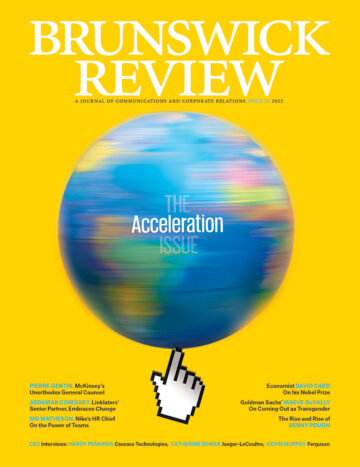
Acceleration
Most read from this issue
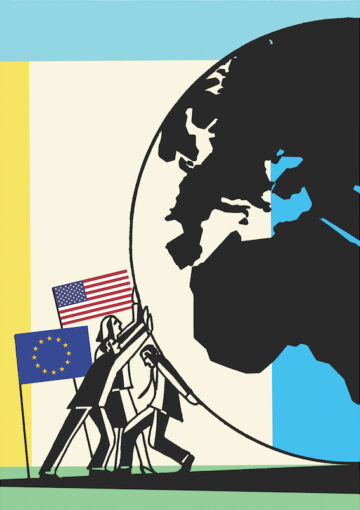
Worlds Apart


